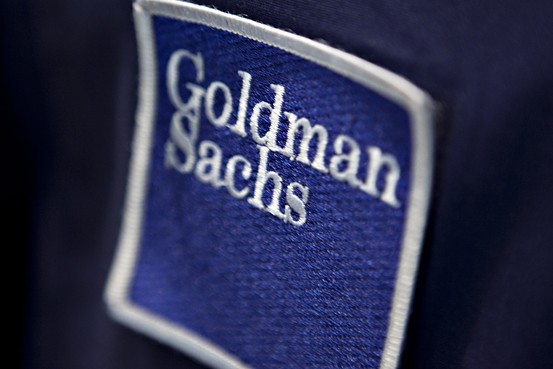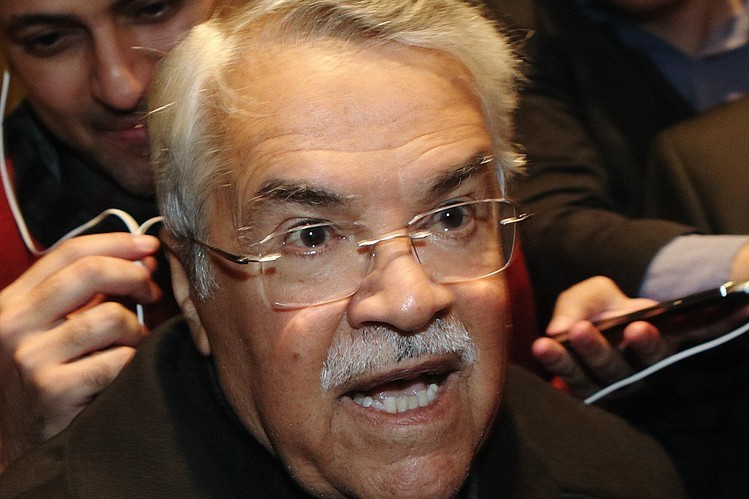Dealpolitik A New Twist on Shareholder Activism at GM MoneyBeat
Post on: 16 Март, 2015 No Comment

Hedge Funds
Harry Wilson Bloomberg News
Shareholder activism headed in a new direction at General Motors Co. last week. By following the route of Harry J. Wilson’s fight with GM, it appears that almost anyone could lead an activist group. Making a big investment in the shares of the target is not a prerequisite to this new style of activism, but success could still result in a big payday.
Mr. Wilson’s demand for a GM board seat and a big stock buyback program isnt unusual for an activist investor. But Mr. Wilson isnt your ordinary principal of an activist hedge fund like Bill Ackman or Dan Loeb. Those activist funds tend to buy big stakes in companies before launching a proxy fight. Mr. Wilson personally only owns about 30,000 shares, according to a submission he made to GM, that are today worth about $1.1 million.
What he has done is taken his ideasincluding putting himself on the board and asking shareholder to vote to ask management to commit to an $8 billion stock buyback programto several investment funds. It does not appear to be the more typical situation where a hedge fund went out to recruit director candidates. Mr. Wilson first attracted the interest of one fund as he was discussing his ideas with GMs CFO at the company’s investor day in October, according to a person close to the situation, and then they went out looking for additional funds to build a critical mass of support.
He has agreements from four funds to share a percentage of the profit on their shares if he is successful. Each deal is different, but he could earn between 2% and 4% of the upside on the shares owned by the funds. All told, the funds hold around 31 million GM shares, according to a letter Mr. Wilson sent to GM last Wednesday. The funds also have agreed to reimburse most of Mr. Wilson’s expenses in conducting a proxy fight against GM. They have approval rights once the expenses exceed $1 million, an amount that won’t get Mr. Wilson very far in a bloody battle with a company the size of GM.
It’s not unprecedented for activists to compensate director candidates with a cut of the appreciation of the shares they own. The practice is sometimes called a “golden leash” by critics of activism. These types of arrangements can lead to incentives that, in my view, are not necessarily in the interest of other shareholders. For example, an agreement with one of the four funds provides Mr. Wilson no compensation unless he both obtains a board seat and GM implements the buyback proposal, or at least includes it in its proxy materials. Thus, he is incentivized to reject compromise proposals involving other actions, even if they might be better for GM shareholders. In short, personal victory could be more profitable for him than the good of the company.
What may be more troubling than the complex compensation arrangements is Mr. Wilson’s obligation to act as a consultant to two of the funds and “be available to discuss with [the fund] information relating to” GM, even if he becomes a GM director. In fairness, it is made clear he is not required to share material non-public information. Nevertheless, if shareholders put him on the board he will report to two masters, not an ideal arrangement for GM shareholders. It looks like one fund may have thought that such an arrangement was problematic and set out in its term sheet that Mr. Wilson would have no duties to it if he joins the GM board.

While Mr. Wilson surely brings his own ideas to the table, as a GM shareholder and member of the U.S. government team that worked on the auto maker’s 2009 restructuring, it seems fair to ask if his mind will be truly open on long-term initiatives, as a board members should be.
Mr. Wilson’s entrepreneurial style of activism could be a new step to further democratize corporate governance. But if shareholders are unhappy with management, they might, in my view, be better off supporting those with more skin in the game. Although hedge funds are frequently accused of having a short time horizon, they can change their minds and become longer-term holders. Mr. Wilson’s arrangements with the hedge funds put a one- to three-year limit on most of his economic incentive, and some of the deals require him to win what could be a bloody fight. He needs some pretty quick hits to maximize his profit, even if his long-held personal stake in GM gives him a longer-term interest in the company.
What is good for GM may be good for America, but both might be better served by decision-makers with incentives more in line with other shareholders.
Send questions, comments or story ideas to Dealpolitik@gmail.com and follow Ron on Twitter: @Dealpolitik .














